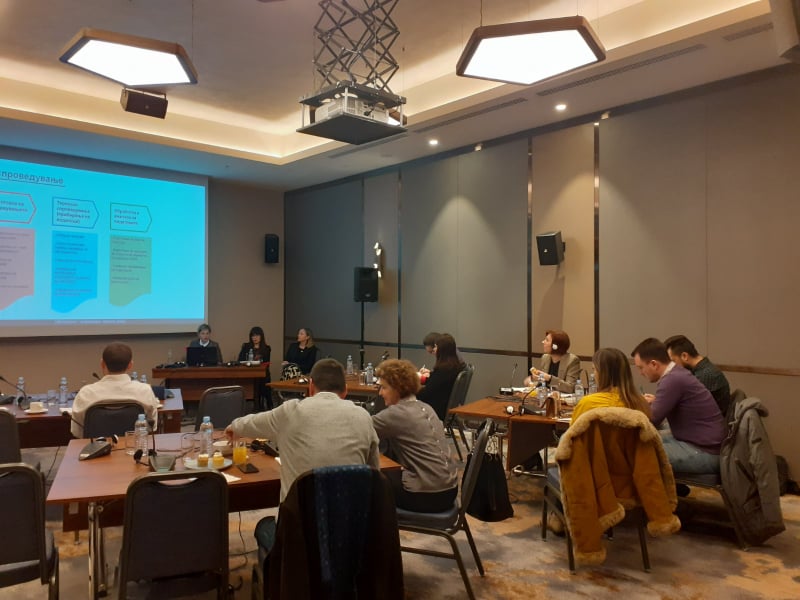Country-Wide Research for Citizens-Oriented Policies
Font size
Between January 31st and February 9th, IFES conducted a nationwide survey, assessing the opinions and attitudes of North Macedonian citizens in four different socio- political areas.
1,034 respondents from the 8 planning regions in the country (6 electoral districts) participated in the survey.
The research design, along with the detailed questionnaire, were made using a co-creative approach, working together with the representatives of the four Research and Analytical Centers of the Political Parties (RACs).
The aim of the research was to provide the RACs with data on citizens’ interests, attitudes, and opinions regarding selected topics which will then be used to develop Political Party programs, specifically for the Early Parliamentary Elections 2020. These efforts were a step forward in creating citizen-based policies and programs, and citizens-oriented solutions for the issues that are most important to them.
At the same time, the representatives of the RACs gained practical experience and learned more about the research process, designing questionnaires, field work, and processing the data.
The overall research was of the utmost importance for the four RACs as they were directly involved in the overall process. The research provided them with information and data sets to work with, and it was an opportunity to analyze and cross tabulate the data based on the target audience, compare with other research both quantitative and qualitative, and produce relevant citizens-oriented programs and campaigns.
The four RACs were able to trust the data sets and claim ownership as they were directly involved into the whole process – Designing/preparing the survey, filing the data work/collection, and analyzing and processing the data..
The research focused on the following four areas: Employment; the environment; education and political parties and the upcoming Parliamentary elections. Youth was a crosscutting theme within the four subjects..
The findings of the research were presented to each of the four RACs and their political party leadership in February.

